|
Even though bottle propping is an unsafe practice that goes back many years, it is now receiving increased attention as society, including the baby sleep consultancy industry, tries to sell a "solution" for everything.
If you haven’t heard of bottle propping, it simply means that you use a pillow, blankets or a device to hold (prop) your baby’s bottle in place while they feed. This is usually done with a baby too young to hold the bottle up themselves, and it leaves a parent’s hands free. But both of these factors are what can cause dire consequences. Tragically, bottle propping can be fatal. Young babies may not have the head control or strength to move away from the flow of the milk that is being aided by gravity. Quite simply they can choke to death as they cannot escape from the milk, or inhale it as the bottle becomes displaced. It was recently brought to our attention that one of the Baby Sleep Consultancies here in New Zealand are promoting the unsafe practice of bottle propping as part of their techniques to help babies sleep better, Not only is this extremely irresponsible, it is also unfortunately a testament of how unregulated this industry is. The American Academy of Pediatrics says: “Never prop the bottle and let your baby feed alone; not only will you miss the opportunity to bond with her while she feeds, but there’s also a danger that she’ll choke or the bottle will slip out of position. “Propping the bottle also increases the risk of ear infections. We do not recommend devices to hold a bottle in a baby’s mouth—they could be dangerous”. The CDC has similar guidelines, and also lists concerns about tooth decay as a reason to never bottle prop. They also advise that bottle propping increases the likelihood that you will overfeed your baby, because when you aren’t watching your baby for hunger cues, your baby is more likely to eat more than they need. Feeding your baby is so much more than providing nutrition - a warm, loving experience where you cuddle your baby closely, gaze into her eyes, and coo and talk to her. When we are feeding babies in our arms, and they gag or choke we can easily remove the bottle. We can sit them up and pat their backs making sure they are safe. This information is to help increase awareness of a common practice that can have serious consequences. Please do not ever prop your babies bottle, and please do not believe any baby sleep consultants endorsing this practice and telling you it is safe. www.snugbags.com | Organic + Ethical + Made in New Zealand | SnugBags are merino & organic cotton baby sleeping bags that are specially designed to keep little ones safe, warm and snug at night.
0 Comments
For centuries parents have been sleeping their babies in the natural fibres of wool to keep them warm and comfortable, and there is now scientific evidence that sleeping on or under wool actually improves the quality of sleep and helps little ones thrive better. Research shows that the rate of weight gain in underweight newborns was 61% higher when sleeping on a wool underlay compared to a cotton sheet. Jaundiced newborns sleeping on wool were more settled when sleeping compared to those on cotton – around 30% of babies on wool cried compared with 67% on cotton. Researcher Dr Paul Swan, from the University of Sydney, said: "Not so long ago sleeping under wool bedding was the norm, and science is now rediscovering the benefits of sleeping in wool. Maybe it is not a coincidence because wool regulates your body temperature far better, keeping you in what is known as 'the thermal comfort zone'. You therefore not only fall asleep quicker, sleep longer, but also have deeper, better quality sleep."
If your baby is unsettled, one reason for their unrest could be down to the environment they’re sleeping in and the type of bedding parents are using in their cot. Simply sleeping your baby in the natural properties that merino wool provides could make all the difference to a good quality sleep and helping your little one to thrive. Merino wool is naturally breathable In contrast to synthetics, wool is an active fibre that reacts to changes in the body’s temperature, keeping the wearer comfortable. Accordingly, wool garments are one of the most breathable of all the common natural fibres types. Merino wool has natural temperature regulating properties Babies are not as adaptable as adults to temperature change. Because infants and children have a higher surface area to mass ratio than adults, they can lose heat rapidly, as much as four times more quickly than adults. When babies are cold-stressed, they use energy and oxygen to generate warmth. Studies have found that by sleeping babies in merino wool and thus keeping babies at optimal temperatures, neither too hot or too cold, they can conserve energy and build up reserves. When using merino wool, baby’s temperature is regulated and maintained and subsequently babies will become more relaxed, gain weight faster and sleep longer. Merino Wool has natural moisture regulating properties Merino is one of Nature’s most amazing fibres. It breathes and controls moisture which means it has the unique ability to maintain the ideal temperature between body and bedding. Unlike any other fabric Merino has the capacity to remove large amounts (up to 35% of its own weight) of moisture from the skin surface, keeping baby dry and comfortable all night. "Enjoying good sleep has become increasingly difficult in modern times, and so anything that helps is great for your mental and physical health." Dr Paul Swan, from the University of Sydney says. Kim Snel, owner of SnugBags Merino for Kids says: "We acknowledge the importance of sleep and the amazing qualities and benefits of merino wool. We have specifically designed products that are made using only the finest merino wool to ensure a better night’s sleep for little ones. Because we know when baby sleeps, everyone sleeps. A well-rested baby is a happy baby, which also makes for well-rested and happy parents." Visit SnugBags extensive range of merino baby & toddler sleeping bags here. www.snugbags.com | Organic + Ethical + made in New Zealand | Do you check fabric details when buying sleep garments for your little one?Another one of NZ’s leading ‘organic’ baby wear & sleep brands have started using polyester (35%) in their sleep garments.
Synthetic fibres (aka plastic) do not breathe and can increase your baby's risk of overheating in their sleep. When babies overheat or sweat, they then can then rapidly cool down because their sweat cannot not evaporate through the fabric. Overheating has been linked to sudden infant death syndrome (SIDS). Bruce Epstein, M.D., a paediatrician from Florida, explains the link saying: "babies sleep deeply when they're hot, making them difficult to arouse, which may increase the risk of SIDS." Last year a large ‘natural’ NZ sleeping bag brand started mixing their merino fleece with 25% polyester. Most Australian, European and American sleep brands use polyester for the wadding in their sleeping bags and sleep suits. Or even worse, use polyester (Polar Fleece) for the entire sleep garment. Why do these companies do this? Because it is cheap. Using polyester and mixing it with merino or organic cotton drops the price of the fabric significantly. Using polyester as a filler for wadding is cheap as chips. So is polar fleece. Unfortunately, clever marketing techniques make parents think they are buying a natural and organic product because the polyester is used in combination with merino or organic cotton. It is extremely irresponsible and unsafe to use such large quantities of polyester in babies sleep garments and it is really sad to see that some of the bigger companies are misleading their customers by marketing themselves as ‘Natural’ and ‘Organic’ and making parents believe they are making a safe decision for their little ones while their products are in fact filled with polyester. Please please please read garment labels and when purchasing online, read the ‘Product Details’ to see the fabric and wadding composition. And if it contains polyester do not buy it. Polyester should not be used in babies sleep garments. It is not safe. Sleep garments should be made from natural fibres only, like merino, wool, (organic) cotton or bamboo. www.snugbags.com | Organic + Ethical + made in New Zealand | |
Author
Kim is the owner of SNUGBAGS - Merino for Kids. Together with her partner James and their little girl Neeva Rose, she lives in a little beach town called Piha on the West Coast in New Zealand. They love surfing, building sandcastles and all things natural and organic. Categories
All
Archives
October 2021
|
|
Online shopping with us
> Shipping > Guarantee & Returns > Product Videos > SNUGBAG selector tool > Privacy policy > Farm to SNUGBAGS |
Our Products
> Our Merino > Our Organic Cotton > FAQ > Washing & Care > Pediatrician Endorsed > Intellectual Property |
Customer Service
NZ: 0272 761175 Int: +64 272 761175 [email protected] > Contact Us > Our Journal > Become a VIP! |
© copyright 2022 SNUGBAGS
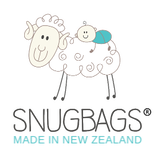
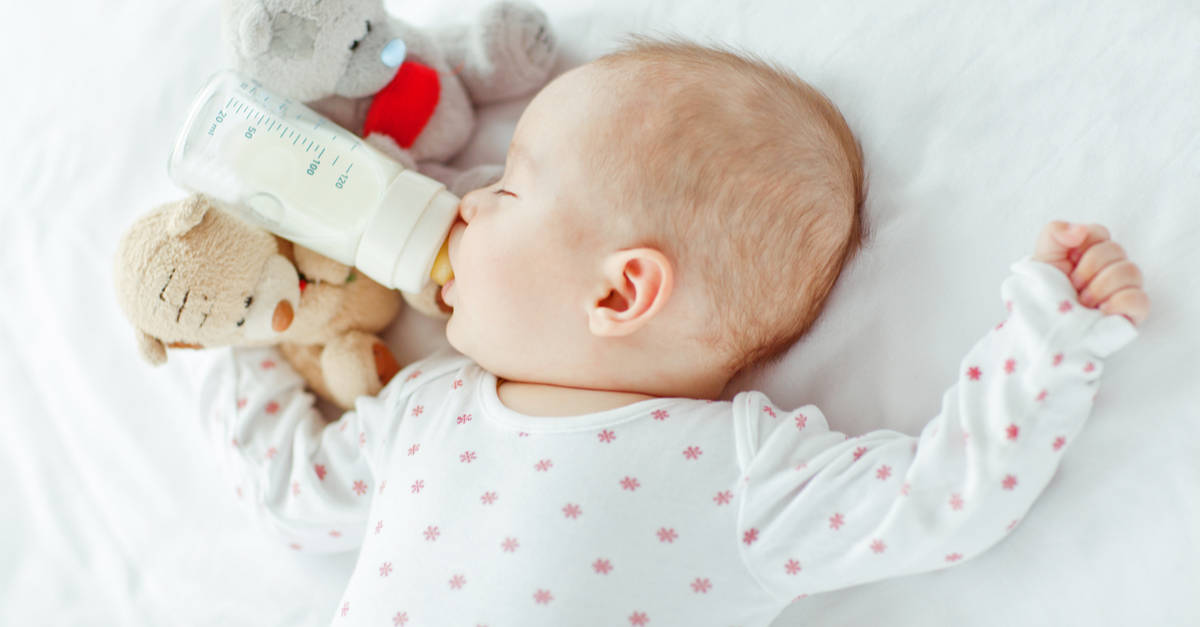
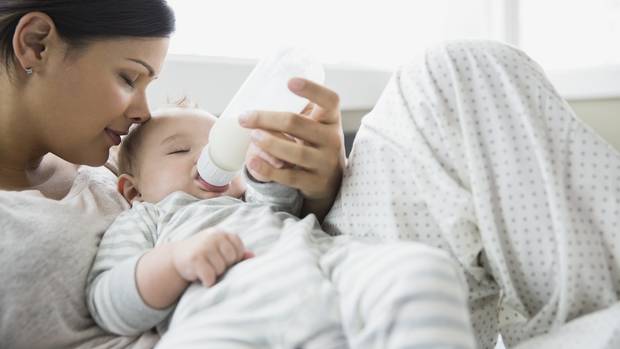
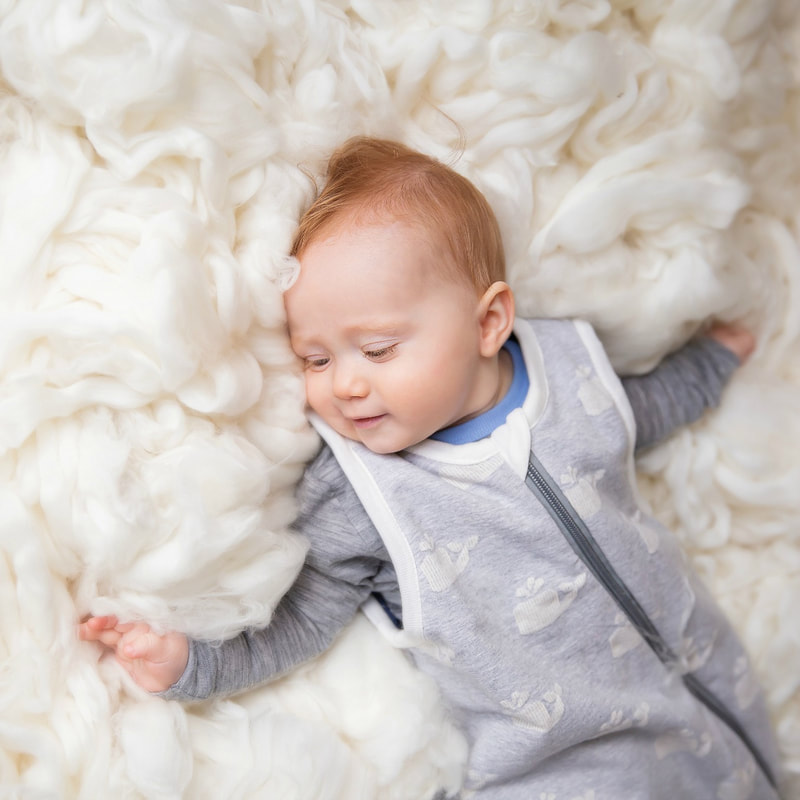
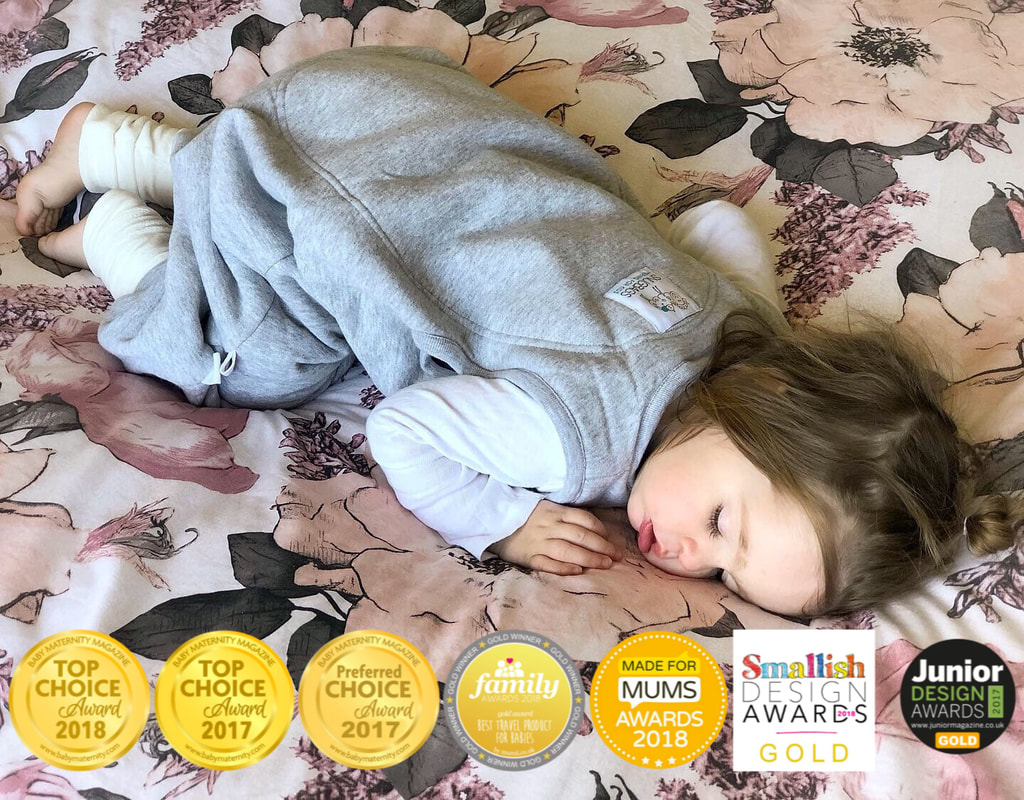
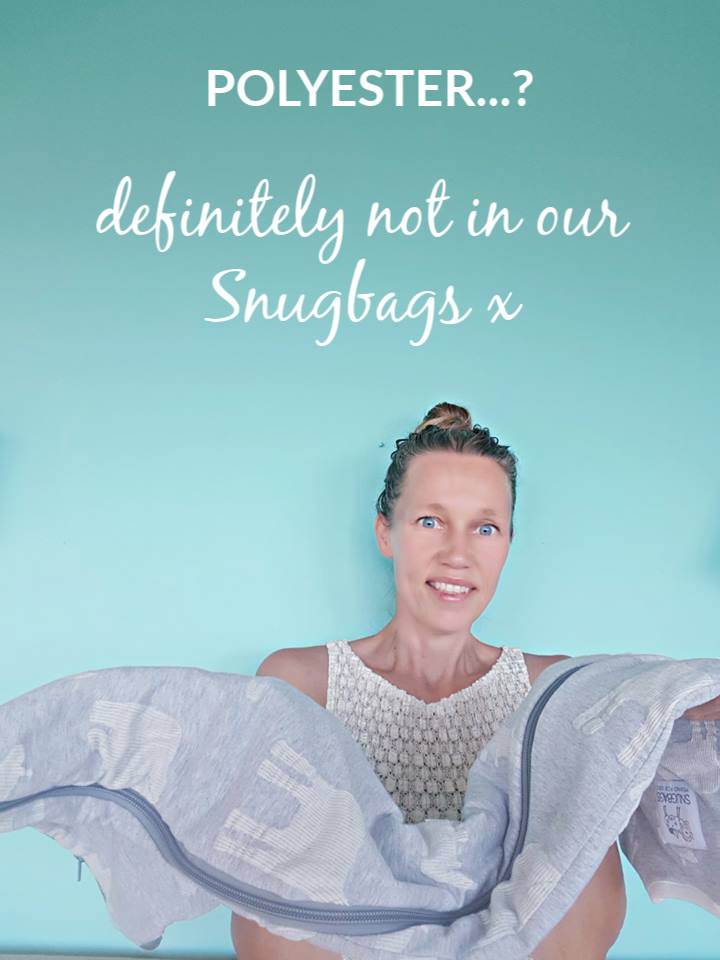
 RSS Feed
RSS Feed
